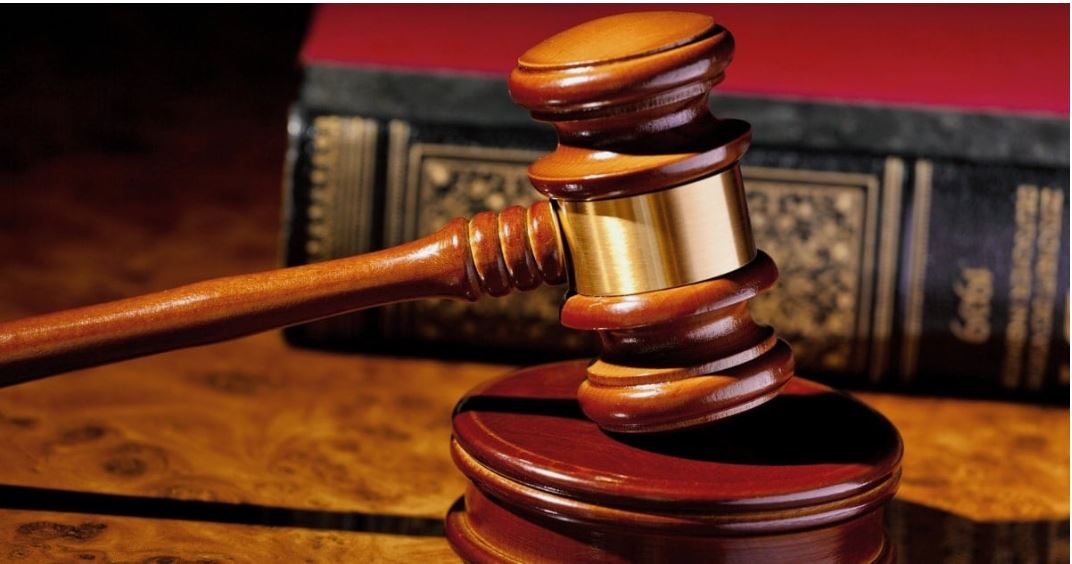
The prosecution counsel alleged that the clerics used forged documents to claim ownership of a plot of land.
Two clerics, Isaac Kilanko and Sebioba Mustapha, were on Friday docked in the FCT High Court in Zuba for alleged mischief, and forgery.
The Office of the Attorney-General of the Federation charged the defendants, who are clergymen at the Seed of Christ Golden Church, Kubwa, Abuja with 29 counts bordering on alleged mischief and forgery.
The prosecution counsel, John Okpa, alleged that the defendants and one John Areh, at large, on June 12, 2022, used forged documents to claim ownership of a plot of land, MF 1335 Extension 11B, Kubwa.
Okpa alleged that the plot of land was originally allotted to Babanna Ventures, dated May 15, 2001, but later the piece of land was allocated to the complainant, Alhaji Musbau Lamidi.
He told the court that the defendants allegedly forged a Bwari Area Council letter of allocation, Conveyance of provisional approval of Customary Right of Occupancy and Right of Occupancy, and regularisation of land titles.
Other forged documents, according to him, include FCT Area Council acknowledgement and Bwari Area Council receipt, Corporate Affairs Commission (CAC) Certificate of Incorporation of the business name, Babanna Ventures.
He alleged that the defendants and Areh demolished the security house and parameter fence on the plot and erected a structure and claimed that they did not know the documents were faked.
The prosecution alleged the defendants conspired and forged a CAC certificate of registration of the business name and proceeded to use Lamidi’s building materials met on the plot of land valued at ₦6.840,000.
The offence, he said, contravened the provisions of sections 366,368, 364, 348, 327,140, 96 and 287 of the Penal Code and 1(3) of the Advanced Fee Fraud and Other Related Offences Act.
The defendants, however, pleaded not guilty to the charge. The defence counsel, Bernard Nafagha moved a motion for the bail of his clients and urged the court to grant it in the most liberal terms citing Section 165 Administration of Criminal Justice Act (ACJA).
Nafagha argued that since the defendants had earlier been granted administrative bail by the police on their self recognisance, and had been diligent before their arraignment, he said they would not jump bail if granted.
The prosecution, however, urged the court to discount the application for bail, saying that police bail could not apply to the court’s bail. He added that if bail was granted, the court should invoke Section 165 (2)of ACJA which says the court may require deposit of a sum of money by the defendants for security.
Justice Kezziah Ogbonnaya, obliged the defendant’s counsel’s plea, granting the defendant bail on self-recognition. Ogbonnaya, however, warned the defendants to ensure they appear in court for their trial, saying disobedience to the order would lead to revocation of the bail.
Obonnaya adjourned the case until January 20 for a hearing.
